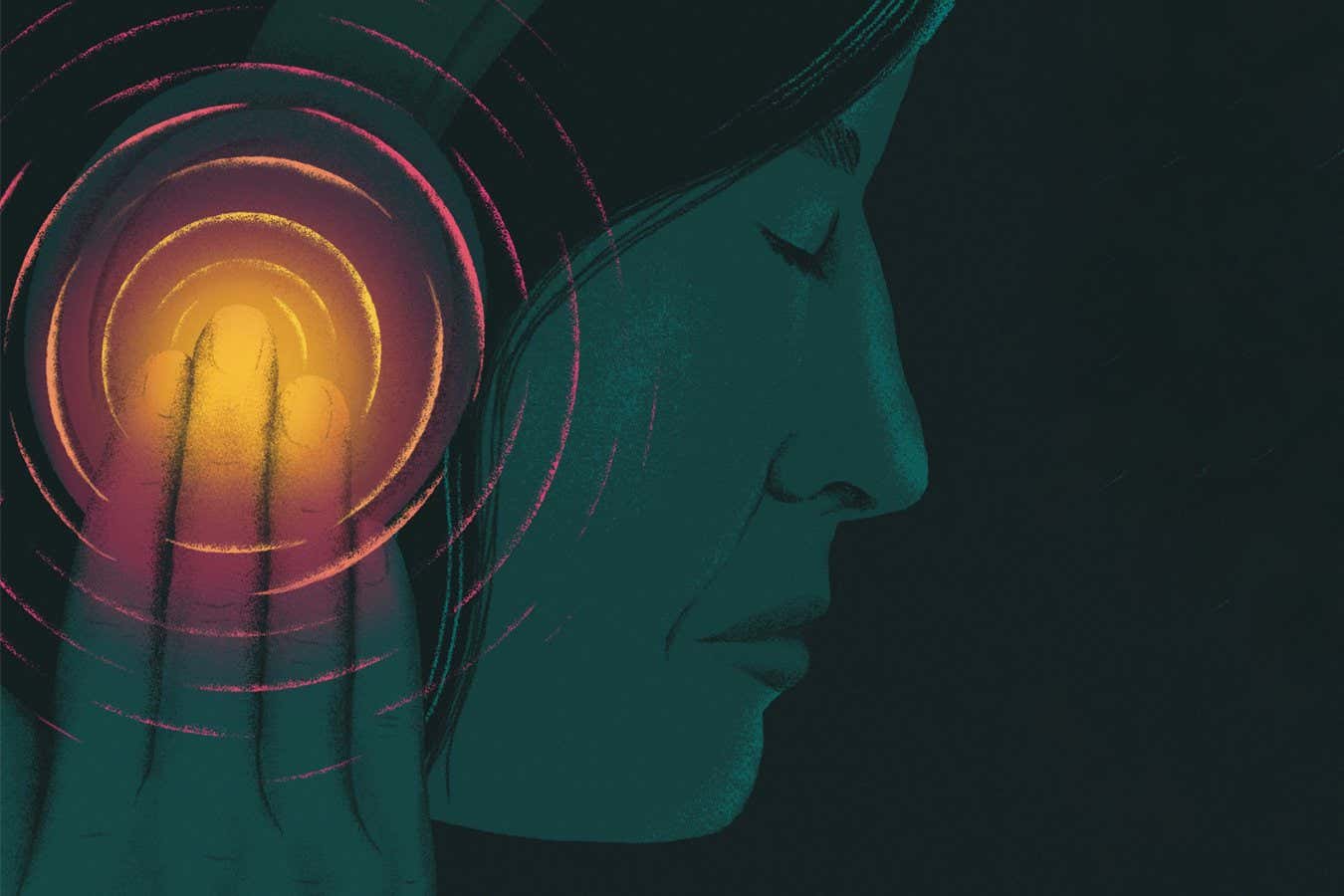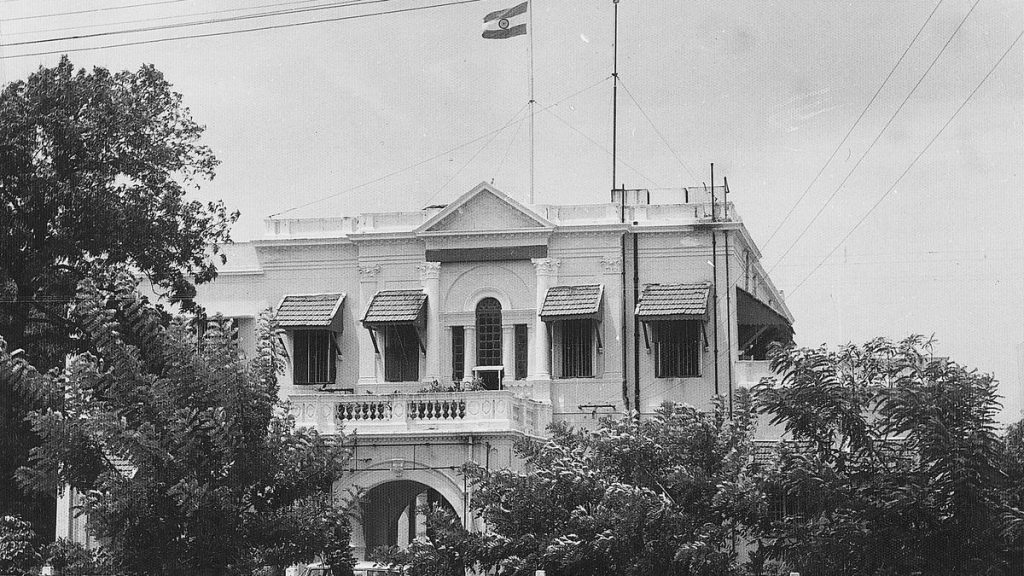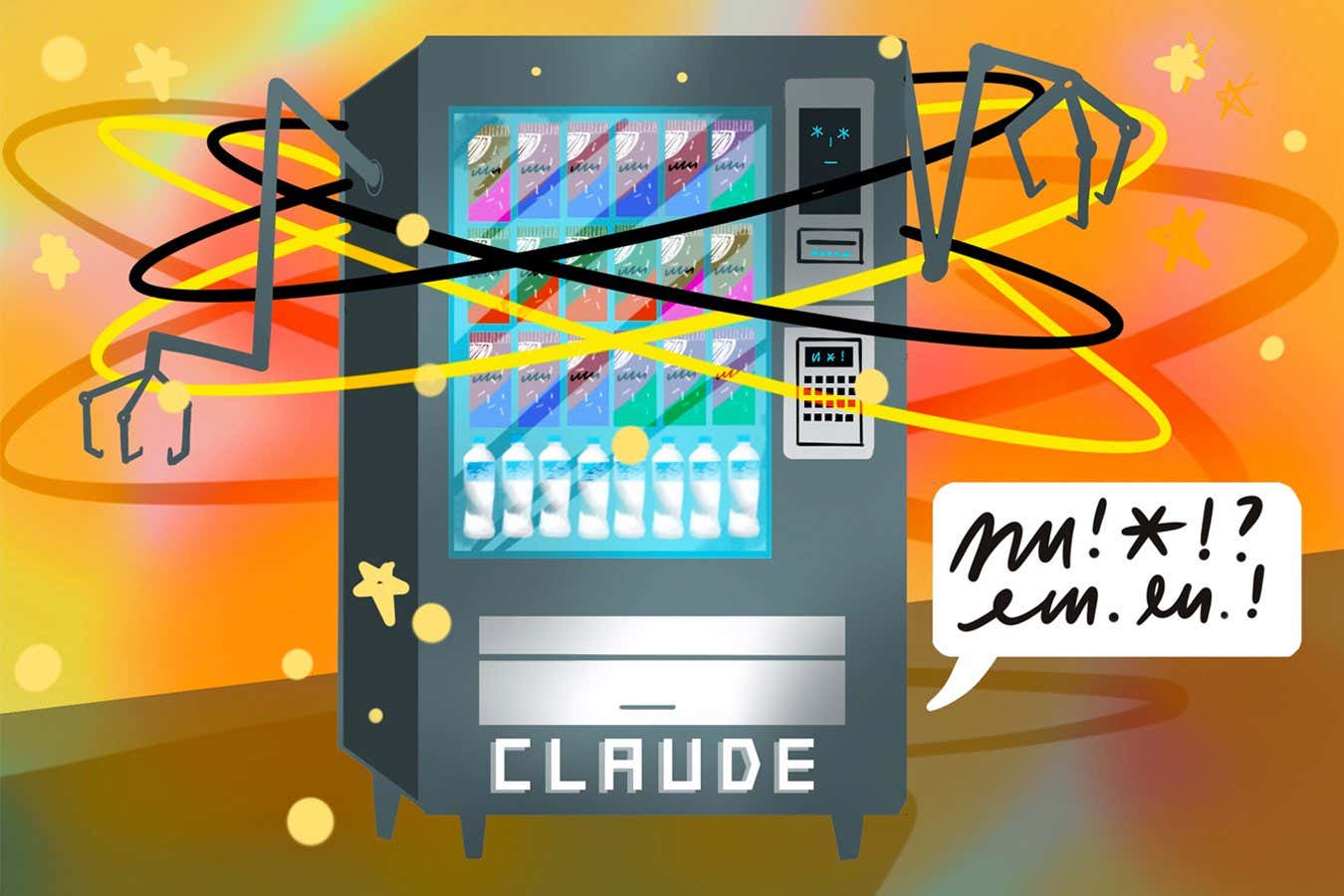Now Reading: Unlocking the Transformative Power of Music
-
01
Unlocking the Transformative Power of Music
Unlocking the Transformative Power of Music

Quick Summary
- Music is highlighted as a powerful tool for regulating mental states, wiht therapeutic benefits beyond entertainment.
- Studies from Stefan Koelsch’s lab at teh University of Bergen show that music can influence thoughts and mental health by engaging specific brain networks:
– Uplifting music fosters energizing and constructive thoughts, while sad music generates calmer or demotivating ones.
– Negative daydreams triggered by sad music activate the brain’s pain system alongside it’s default mode network (DMN),linking emotional upset to physical discomfort.
- Music engages the executive network (responsible for focus and goal-directed behavior) in an adaptive way when people actively participate-such as tapping, breathing in rhythm, or humming along. This disrupts negative thought loops and resets cognition.
- A 2023 study found that active engagement with music significantly reduced physical pain compared to passive listening during stress-inducing experiments.
- Evolution may have wired human brains to benefit from musical immersion for resilience and social bonding purposes.
- The article promotes integrating structured musical engagement into schools, public health strategies, therapy programs, and daily life routines.
Indian Opinion Analysis
the findings on therapeutic uses of music present critical avenues for improving mental health systems globally – including India. With rising concerns about depression, anxiety disorders, and stress-related conditions in urban centers across the country, integrating accessible tools like structured musical engagement into public healthcare could be impactful. Moreover, schools in India often deprioritize arts education under resource constraints; however, viewing music education as emotional growth rather than extracurricular luxury could justify its broader revival.
India also has a rich history of classical traditions like Hindustani Raga therapy which resonate with these findings. Policymakers might explore expanding such practices through digital platforms or community initiatives rooted in local culture. Embracing this approach could make non-invasive interventions more cost-effective compared to pharmacological dependencies prevalent today.




























